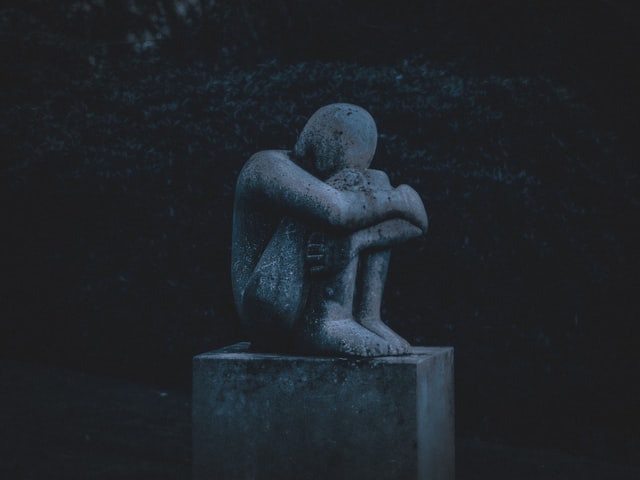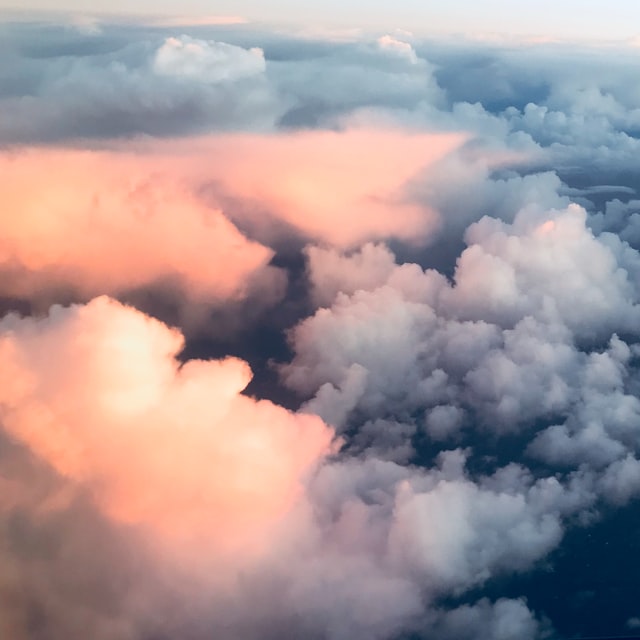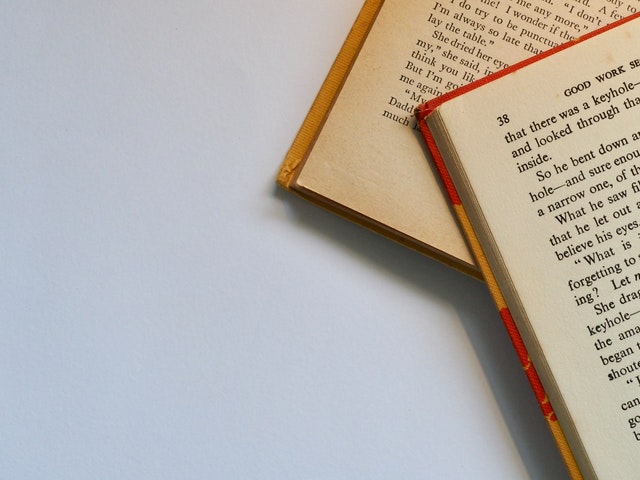Overthink
Loss and Uncertainty: A Meditation Under Quarantine
A meditation on loss and uncertainty during quarantine.
May 06, 2020

Ever since the tragic death of my dad at 17, I thought I was comfortable with uncertainty. Life only surprising when I don’t know to expect its sudden lane changes. Through all the twists and turns that is COVID-19, what I’m struggling with is precisely the uncertainty. The uncertainty isn’t the virus itself. It’s the president lying to the people’s face; it’s the people willing to risk theirs and others lives for touch ups and pedicures; it’s the uncertain certainty that we’ll let each other down when we need each other the most; it’s the unknown of how long my present comfort will persist. No matter how much we try to avoid and minimize uncertainty in our lives, it’s inevitable.
I don’t want to say that life is or will betray us because it’s our culture that hasn’t been honest about what life really means. Our society has embedded this myth of safety as if we can stop life from intervening. And, when it does, like the sudden death of my dad who was electrocuted on a hot day in July 2009, we’re devastated. Our lives are heaved into a fast-moving river when we thought there was only the calm waters of the shore. We’ve gotten so comfortable we think that life is trying to teach us a lesson when life is just doing its billion-years-old thing. We just don’t know how to handle it—made evident as we struggle through the uncertainty of the day-to-day under quarantine.
In Pema Chödrön’s essay, “The Facts of Life: Impermanence,” from Comfortable with Uncertainty, she claims, “That nothing is static or fixed, that all is fleeting and changing, is the first mark of existence…It means there’s loss as well as gain. And we don’t like that.” I think of my life in two periods: Before Death and The After. Before Death, I experienced the death of others, but the reality of my own and my loved ones’ mortality never really found a tether in my everyday. It never bubbled into thoughts that would suddenly remind me how mortal I am and how death could happen upon me at any moment. Since I felt the hard loss of my dad when my mom cried, “He’s gone, Allyson,” and unknown to my then self, I’ve also experienced many gains. Education, friends, experiences, love, jobs, fur-children. So much so, that even if the burning of that July day has only barely faded, I’ve forgotten what loss really means as I sit again at the edge of so much more.
One poignant American problem is that we’ve internalized power so deeply we think we’re invincible, the itself viral notion of “American Exceptionalism.” As Chödrön says, we think “we might miraculously escape the truth of impermanence,” and I’ll admit that death doesn’t hover over me quite the same way as it used to either. Under the perception-twisting guise that is American Exceptionalism, humility doesn’t exist. It’s all ego. We think we’ll come out of every situation unscathed. And, because of this hubris, over 70,000 people have died and our many politicians are willing to sacrifice more for the sake of profit and another term. Humanity is not bestowed upon us universally. It never has. I won’t say it never will because I still believe in hopeful intention, but between the reality of this life and that utopic dream is a huge channel to wade. And, in a crisis like today’s, it feels like we don’t even know how to swim.
Part of learning how to swim is finding comfort in being uncomfortable and uncertain. Chödrön is advocating for the Buddhist approach to life that moves away from escaping the reality of impermanence that surrounds us, from aging to death, to “the ordinary and obvious truth of change.” Among the avalanche of issues that are burgeoning a daily reveal, I’ve been reminded that loss is a reality of life. There is no escape from this reality. But, we can allow ourselves to feel anxiety, grief, frustration, fear. When we feel the swell or hollowness of these emotions arise, we can name it, feel it, let it live in our bodies and release it from our bodies. Though our lives are full of uncertainties that can overwhelm us into immobility, we can let these emotions complete their cycle. Leaving us with one certainty, that these feelings and this reality will pass.

